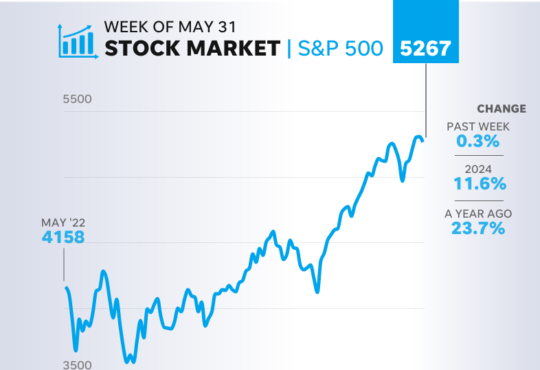
Brussels – The rush and the resulting risk of inefficiency with the financial burden passed down to future generations: the ECA turns the spotlight to the other side of a recovery program as the Recovery Fund, in its immediate scope, may lead to long-term repercussions. In preliminary assessments, the Luxembourg-based body identifies potential “challenges that do not bode well for the future.” The first is the repayment of loans: who will repay them? The auditors have an idea: common debt, but what is lacking is a common repayment instrument.
The NextGenerationEU recovery mechanism provides 750 billion euros mainly (about 672 billion) from the Recovery Fund. The latter disburses funds to Member States for national recovery plans, financed in grants and loans. “There is also a catch,” notes the Court of Auditors: “It is not ‘free money,’ as it will have to be repaid in full between 2028 and 2058.”
The Commission issued debt securities to raise money on the market. But these debt securities will have to be repaid. In Luxembourg, “there is increasing concern about the repayment of the loans taken from the financial markets for RRF funding, further fuelled by the absence of a dedicated source of EU funding to pay back the loans.” Hence, auditors are left with the pressing consideration: “Will repayment simply be passed down to the next generation of taxpayers, as the fund’s name aptly suggests?”
This is not the only cause for concern for the ECA, which is questioning the actual ability of member states to make the reforms they need. There is time until 2026 to use the funds made available by the Recovery Mechanism. As of the end of March 2024, “only a little more than a third of the available funds” had been disbursed, and a good portion of the targets are missing, which does favor spending. “In fact, as deadlines approach, pressure to spend can quickly lead to more spending mistakes.” Not only that. Unlike normal EU budget spending, over which the Commission exercises more control and oversight, Recovery Fund funds are subject to less control and more self-regulation. “This results in a greater risk of irregularities and even fraud,” the ECA warns.
The warning, general in scope, is specific since the Luxembourg auditors directly call into question Spain and Italy, the main beneficiaries of the recovery program. In these two countries, “absorption of the traditional cohesion funds is lagging significantly behind the EU average too and, given that RRF funding ‘competes’ with cohesion funding, the picture is less than encouraging.”
English version by the Translation Service of Withub





